The Nigerian government has introduced streamlined curricula for all levels of schooling — Primary, Secondary, and Technical schools — slashing the number of subjects to combat overload and focus on practical, in-depth learning.
The changes, which will take effect in the 2025/2026 academic session, are designed to move the system away from rote memorization and toward more meaningful understanding.
The Minister of State for Education, Prof. Suwaiba Sai’d Ahmad, announced the policy on Thursday, explaining that the goal is to “reduce content overload, allow more time for learning, and ensure that education remains relevant to the realities of today’s world.”
The new structure significantly pares down subject counts. Young pupils in Primary 1–3 will now focus on 9–10 subjects, while those in Primary 4–6 will take 10–12. The junior secondary level will see students studying 12–14 subjects, a number that drops sharply to 8–9 for senior secondary students. Technical schools will offer 9–11 subjects.
Prof. Ahmad, speaking on behalf of the Education Minister, credited the collaborative effort behind the review, which involved key bodies like the Nigerian Educational Research and Development Council (NERDC), the Universal Basic Education Commission (UBEC), and the National Board for Technical Education (NBTE).
The minister stated that the revised “framework balances subject offerings with deeper, more practical learning.” The government has pledged to monitor the rollout closely to ensure a smooth transition for schools across the nation.


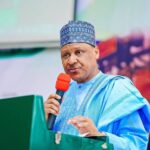
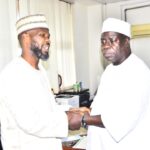



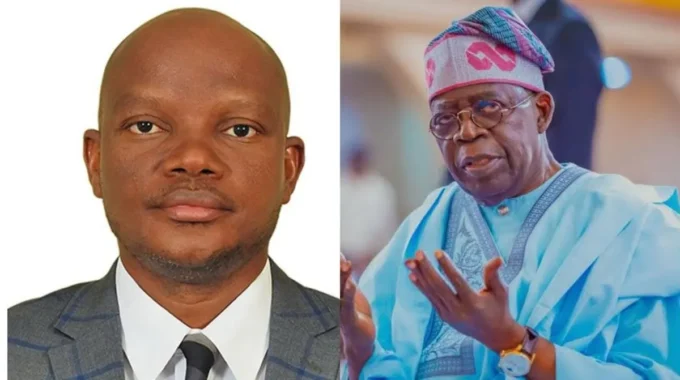

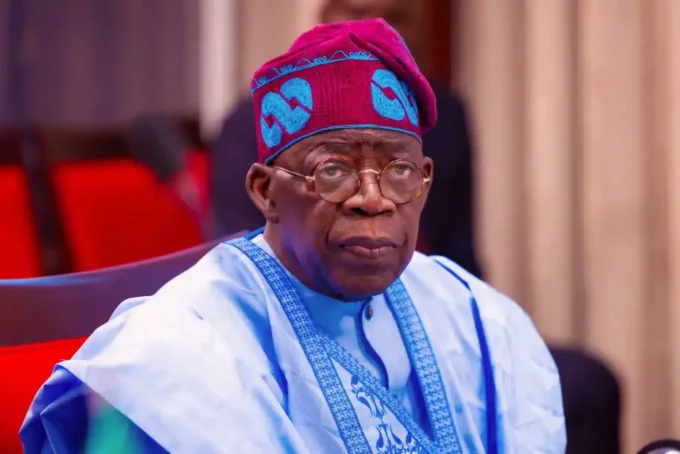
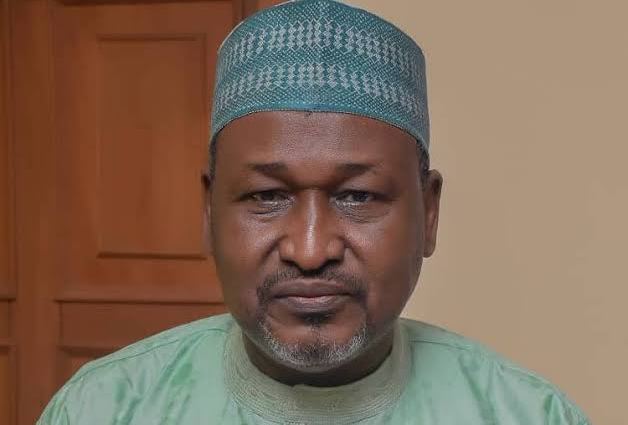




Leave a comment